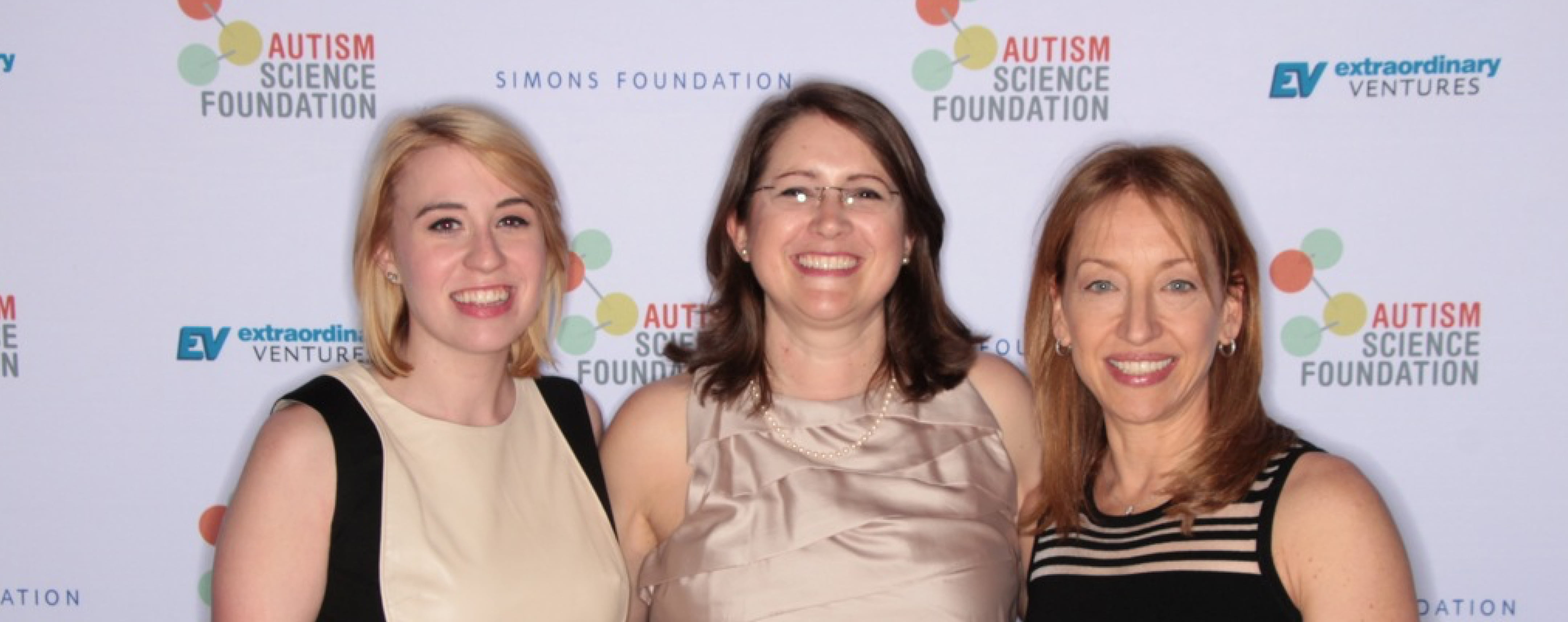Correlation of cognitive and social outcomes among children with autism spectrum disorder in a randomized trial of behavioral intervention
Although social impairments are considered the hallmark deficit of autism, many behavioral intervention studies rely on cognitive functioning as a primary outcome. Fewer studies have examined whether changes in cognition are associated with changes in social functioning. This study examined whether cognitive gains among 192 students from 47 kindergarten-through-second-grade autism support classrooms participating in a year-long behavioral intervention study were associated with gains in social functioning. Children’s gains in cognitive ability were modestly associated with independent assessors’ and teachers’ evaluations of social functioning but were not associated with changes in parent ratings. Observed social gains were not commensurate with gains in cognition, suggesting the need both for interventions that directly target social functioning and relevant field measures of social functioning.
Keywords: autism spectrum disorder; intervention; social deficits.

